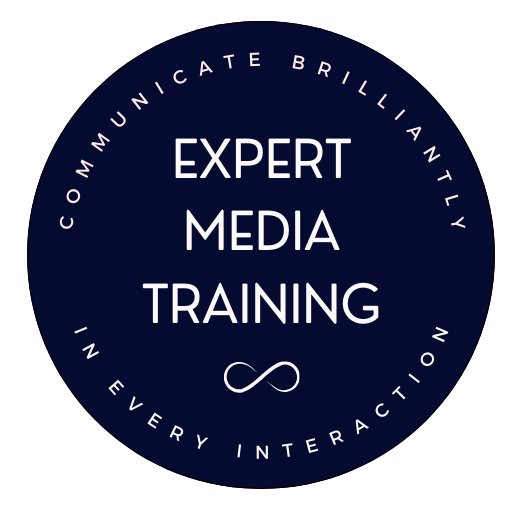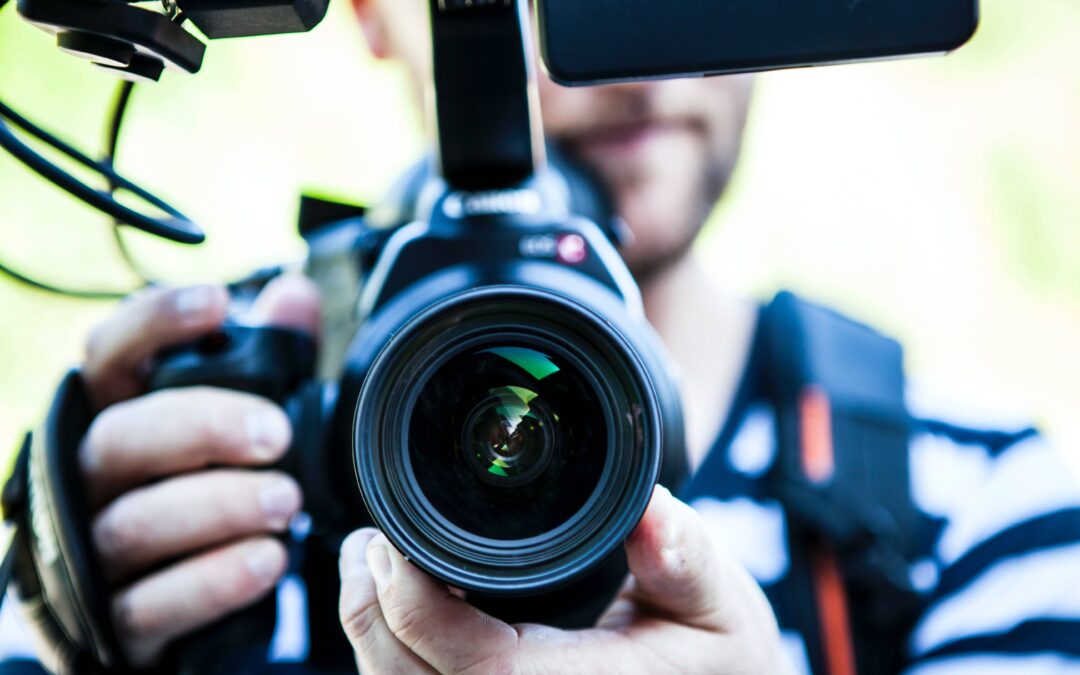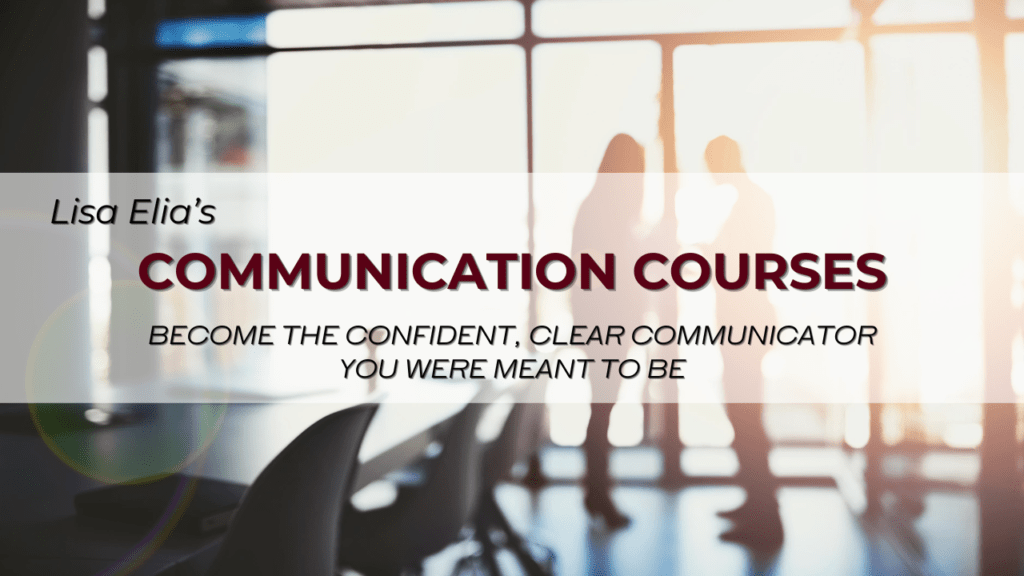
How to Be a Great Panelist
How to Be a Great Panelist
Serving on panels at events is an excellent way to increase your visibility and establish credibility as a thought leader. The best way to make the most of an opportunity to serve on panels is to prepare well, even if you know your subject matter very well. These tips provide a simple plan you can follow.
Great Panelists Prepare.
1. Research the event, the audience’s reasons for attending, the moderator, and the other panelists. This research will help you to feel more confident and prepared and provide more relevant information and thoughts.
Questions to Ask About the Audience:
- Who are they? (Ask for as much demographic and psychographic information as possible.)
- Why are they attending/watching?
- What do they care about?
- What are their concerns or desires?
2. Prepare responses to questions you believe you will be asked. Some panel bookers will provide a list of questions you may be asked, which is helpful. However, it’s best to prepare for the conversation to veer off in other directions. Check the news the day before or the morning of your panel and consider your thoughts on how current events might affect your work/organization and/or the audience.
3. Prepare some points that you can share, and keep in mind some anecdotes that will be relevant and entertaining.
4. Rehearse introducing yourself, talking about your work/organization, and responding to questions you anticipate being asked. Avoid trying to deliver your content verbatim. Instead, rehearse from a set of brief bullet points you create to remind yourself of the points you want to make.
Actively and Positively Contribute to the Panel Discussion.
5. Add to the discussion when possible. Answer the moderator’s questions fully and, when appropriate, mention relevant data, studies, and/or ideas that will deepen the conversation. Add to other panelists’ points if you have something useful to add. Do this judiciously, however. It’s best to avoid the appearance of trying to take over the panel or diminishing the value of other panelists’ input.
6. Be respectful of other panelists. Don’t interrupt them, and if you disagree, do it kindly.
7. Include the audience in the discussion. When you respond to questions from the moderator, alternate looking at the audience and the moderator.
8. Share inspiration, advice, and humor. After listening to speakers and panels throughout the day at an event, people want some spark. You can provide that. As much as possible, leave the audience with something to think about and feeling good.
Would you like more help becoming a great panelist?
Lisa Elia, the author of this article and founder of Expert Media Training, coaches clients to prepare them for panels. She can assist in developing clear message points and responses to questions that strategically position them and/or their organizations if they don’t already have them prepared, and provide specific recommendations and feedback to elevate all aspects of their communication. She also teaches clients a preparation technique to manage nervousness and increase mental focus. She believes that, as with any public appearance, being prepared and having the right mindset vastly improves the client’s performance and increases their enjoyment of the experience.
To arrange a free consultation, call us at 310-479-0217.
Or, you can email us at team@expertmediatraining.com
To download our free Media Interview Guide and other tools, click here.
To check out our online courses, click here.
For a complimentary consultation to discuss private training for yourself or your team, click here.

This post was written by Lisa Elia, a media trainer, presentation trainer, pitch coach, communication expert, and speaker. She trains clients around the world for media interviews, speeches, internal and external presentations, panels, investor presentations, and promotional videos, and provides executive and team communication coaching.
With more than 25 years of experience, Lisa has prepared clients for interviews with TODAY, GMA, The Wall Street Journal, CNN, ESPN, and hundreds of other outlets. Lisa has shared her expertise with national media outlets that include Inc., Entertainment Tonight, E!, and many others. Clients include entrepreneurs, Fortune 500 companies, and everything in between as well as athletes, celebrities, and other public figures.





